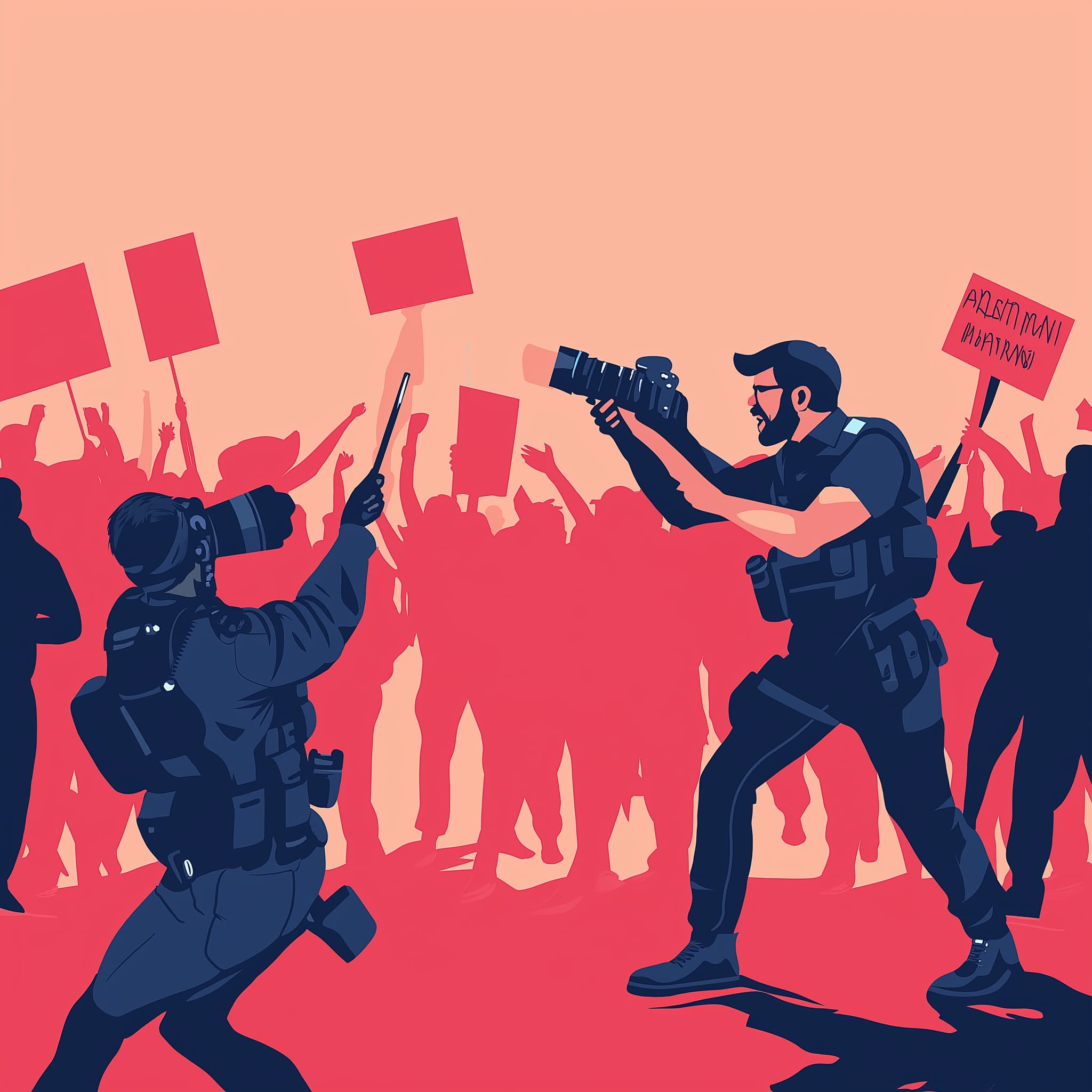Reading is not just a way to acquire information but a powerful tool that can influence one’s perception of the world. Books, articles, essays, and other forms of written content can become catalysts for change, inspiring people to take action. The question of how reading influences the formation of activists remains relevant in a society where activism is often seen as a result of deep internal convictions rather than just a trendy movement. But what exactly makes books such powerful agents of change?
The Impact of Literature on Personal Transformation
Literature has a profound impact on an individual. Initially, it serves as a mirror reflecting the inner world of the reader, their values, interests, and ideas. Immersing oneself in texts that address important social, political, or cultural issues can inspire one to rethink their role in society. Examples of such transformations can be seen in the histories of many activists who, starting with a reader’s curiosity, became drivers of social change.
Literature helps form an understanding of social injustices, racial and gender issues, economic inequality, and much more. On the pages of books filled with stories of struggle and resistance, the reader may find answers to questions about the meaning of their life, which can prompt them to engage in movements.
Books as a Tool for Unification
It is also important to note how literature can bring people together by creating common themes for discussion and action. In the 1960s and 1970s, books such as Fyodor Dostoevsky’s “Crime and Punishment” or J.R.R. Tolkien’s “The Lord of the Rings” became crucial elements of the cultural context for youth movements. These books, along with others, acted as tools for discussing truth, moral dilemmas, and changing perceptions.
Books dedicated to fighting racism, colonialism, or ecological disasters can act as a bridge between people from different cultures and contexts, prompting action based on shared values. These works often become the foundational base for protest movements when people begin to understand what unites them rather than what divides them.
Reading as a Source of Inspiration for Action
Equally important is how literature inspires people to take direct action. Publications that tell of social problems, wrongful actions by authorities, or successful protests in other countries can encourage one to change the status quo. In some cases, books become true manifestos that form activists ready for decisive action.
It is not uncommon for works by great authors like Martin Luther King, Nelson Mandela, or Malala Yousafzai not only to inspire but also to provoke action. Readers who go through these pages often decide not only to support an idea but also to take the lead in the fight for change.
Modern Forms of Reading and Their Impact on Activism
In the modern world, books take on various forms. E-books, blogs, online articles, and posts on social media provide people with instant access to information. This opens new opportunities for spreading activist ideas and protest movements. For instance, in recent years, social networks have become an important tool for spreading literature that not only describes social issues but also initiates protests. Platforms like Twitter, Instagram, and Facebook have become platforms for spreading ideas that inspire people to participate in protests or civil activism.
The Role of Social and Political Themes in Shaping Activists
Special attention should be paid to the importance of books addressing current political topics. In the modern world, literature is not limited to analyzing historical events; it actively responds to contemporary political problems. Publications focusing on issues such as ecology, human rights, civil liberties, and democratic processes are increasingly becoming the foundation for shaping the worldview of new activists. By reading these books, discussing them on forums or social networks, people can enrich their knowledge and perspectives on the world and become more actively involved in social processes.
Conclusion
Reading is a key component in the process of shaping activists ready to take action. Literature not only broadens horizons but helps people realize their responsibility for changes in society. In a world where social media and books intertwine, the ability to understand and interpret information becomes a necessary quality for every activist. It is important to remember that those who read and study hold immense potential for creating change, and often it is books that serve as the first step that leads to the decision to act.
Thus, literature is an integral part of the formation of activists, and every book read can be the starting point for personal and social changes, changing not only individuals but society as a whole.


